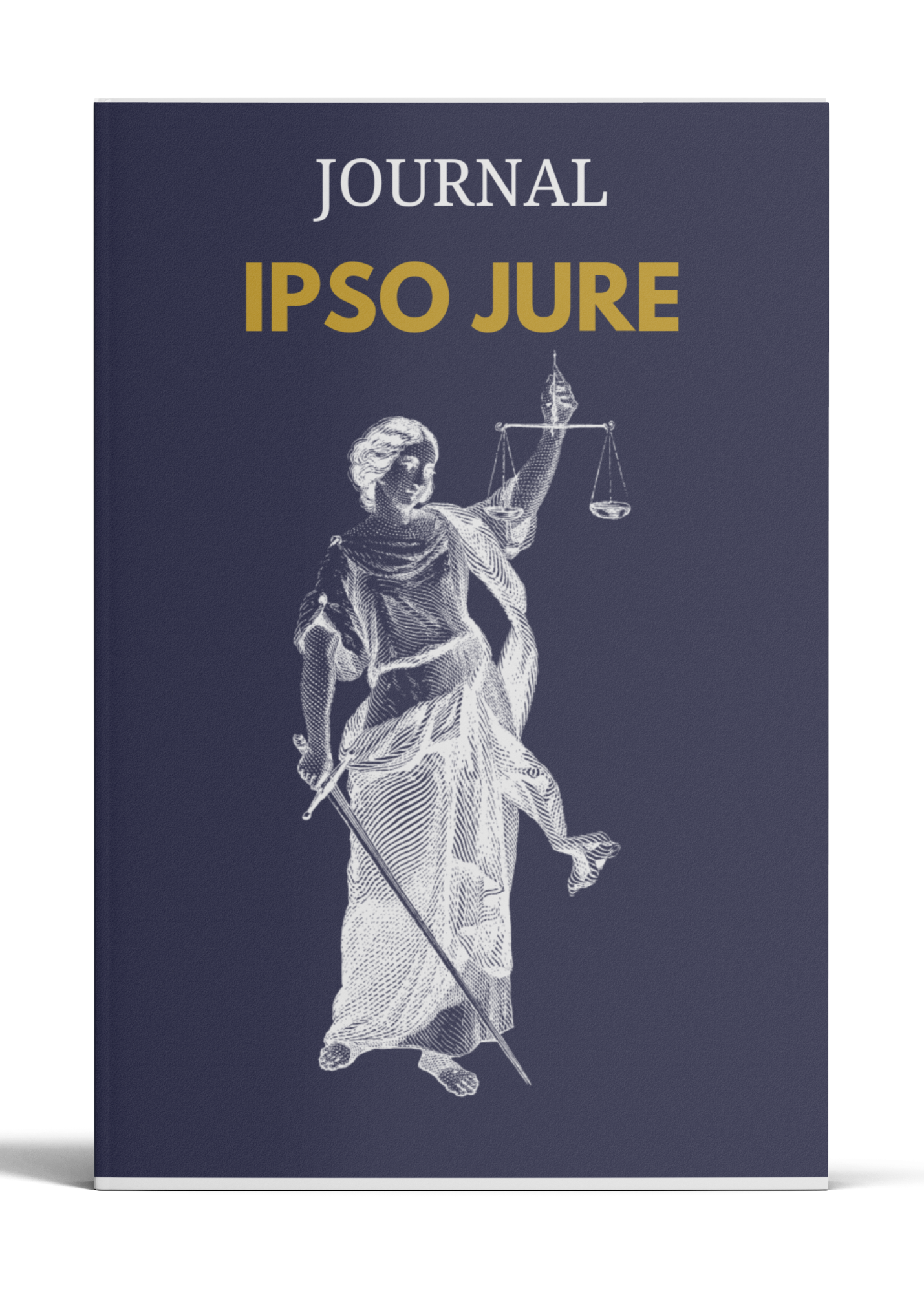Legal Analysis of Lease Agreements Without Written Deeds
DOI:
https://doi.org/10.62872/1sk72t52Keywords:
lease, oral agreement, Civil Code, evidence, civil lawAbstract
Lease agreements are one form of contract that is common in society, both in the fields of property, vehicles, and other movable goods. In practice, many of these agreements are made verbally or without a written deed. This article aims to analyze the legal validity of lease agreements without a written deed based on the Civil Code (KUH Perdata) and examine its legal implications in social practice. Using normative legal methods and sociological approaches, it was found that oral lease agreements remain valid as long as they meet the requirements for a valid agreement as regulated in Article 1320 of the Civil Code. However, the absence of written documents has the potential to cause disputes, especially in proof before the law. Legal awareness and contractual education are needed so that the public better understands the importance of written agreements as legal evidence.
Downloads
References
Andriani, S. (2021). The Principle of Consensualism in Agreements According to the Civil Code. Journal of Law & Society, 13(1), 45–56.
Azhari, A. (2022). The Effectiveness of Oral Agreements in Community Transactions. Journal of Legal Studies, 9(3), 112–124.
Bakti, RA (2020). Aspects of Evidence in Oral Agreements: A Practical Legal Review. Indonesian Legislation Journal, 17(2), 98–110.
Darmawan, Y. (2021). Implementation of Article 1320 of the Civil Code in the Practice of Lease Agreements. Journal of Civil Law, 8(2), 34–47.
Dewi, NLPS (2023). Dispute of Agreement Without Written Evidence in District Court. Jurnal Yuridika, 38(1), 85–99.
Fitriani, L. (2022). Public Legal Awareness in Making Written Agreements. Responsive Law Journal, 6(1), 53–66.
Hakim, LR (2020). Contracts in Economic Law: A Legal Efficiency Approach. Jakarta: Prenadamedia Group.
Hidayat, D. (2023). Legal Protection for Tenants in Oral Agreements. Journal of Law and Justice, 14(1), 101–114.
Hukumonline.com. (2022). Legality of Oral Agreements: Can They Be Sued? Retrieved fromhttps://www.hukumonline.com
Irwansyah, I. (2023). Legal Research Methodology: Choice of Research Methods & Practices. Yogyakarta: Mirra Buana Media.
Jannah, M. (2020). Application of Stamp Duty in Written Agreements. Journal of Taxation and State Finance, 12(2), 74–88.
Kurniawan, A. (2022). Lease Law Practices in Urban Society. Sociolegal Journal, 10(1), 29–41.
Latif, F. (2021). Preventive Approach to Civil Disputes in Contract Law. Journal of Peace Law, 11(2), 59–72.
Maulana, A. (2023). The Role of Agreements in Ensuring Legal Certainty. Progressive Law Journal, 15(1), 88–102.
Nurhalimah, S. (2023). Legal Force of Stamped Written Agreements. Indonesian Journal of Legal Studies, 7(1), 19–31.
Puspitasari, D. (2020). General Principles of Contract Law in the Civil Code. Bandung: Refika Aditama.
Rahmawati, D. (2021). Evidence in Civil Procedure Law. Yogyakarta: FH UGM Press.
Ramadhan, M. (2022). Community Legal Literacy Regarding the Risks of Oral Agreements. Journal of Legal Empowerment, 3(2), 67–80.
Setiawan, R. (2024). Effectiveness of Legal Education on Rental Contracts. Journal of Law Enforcement, 5(1), 43–56.
Susanto, H. (2020). Agreements in the Perspective of Positive Law and Living Law. Journal of Dynamic Law, 12(3), 97–109.
Downloads
Published
Issue
Section
License
Copyright (c) 2024 Amalia Tasya (Author)

This work is licensed under a Creative Commons Attribution-ShareAlike 4.0 International License.












